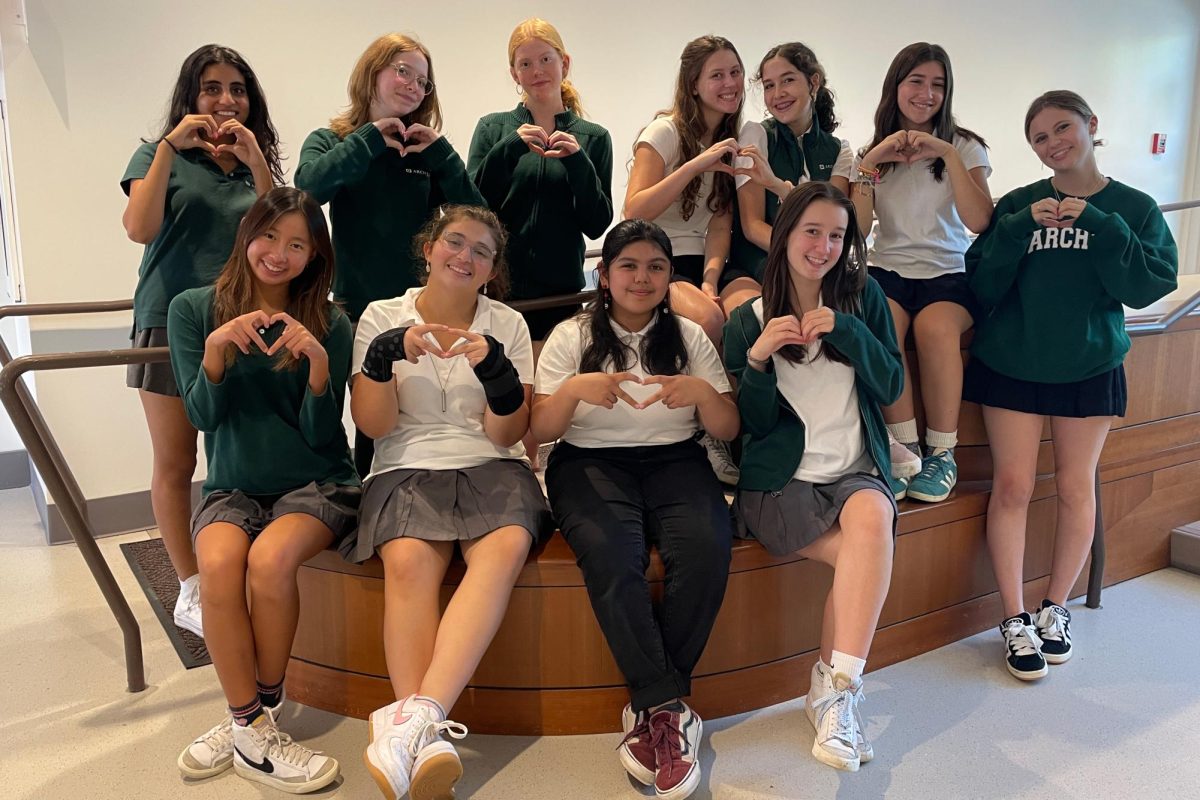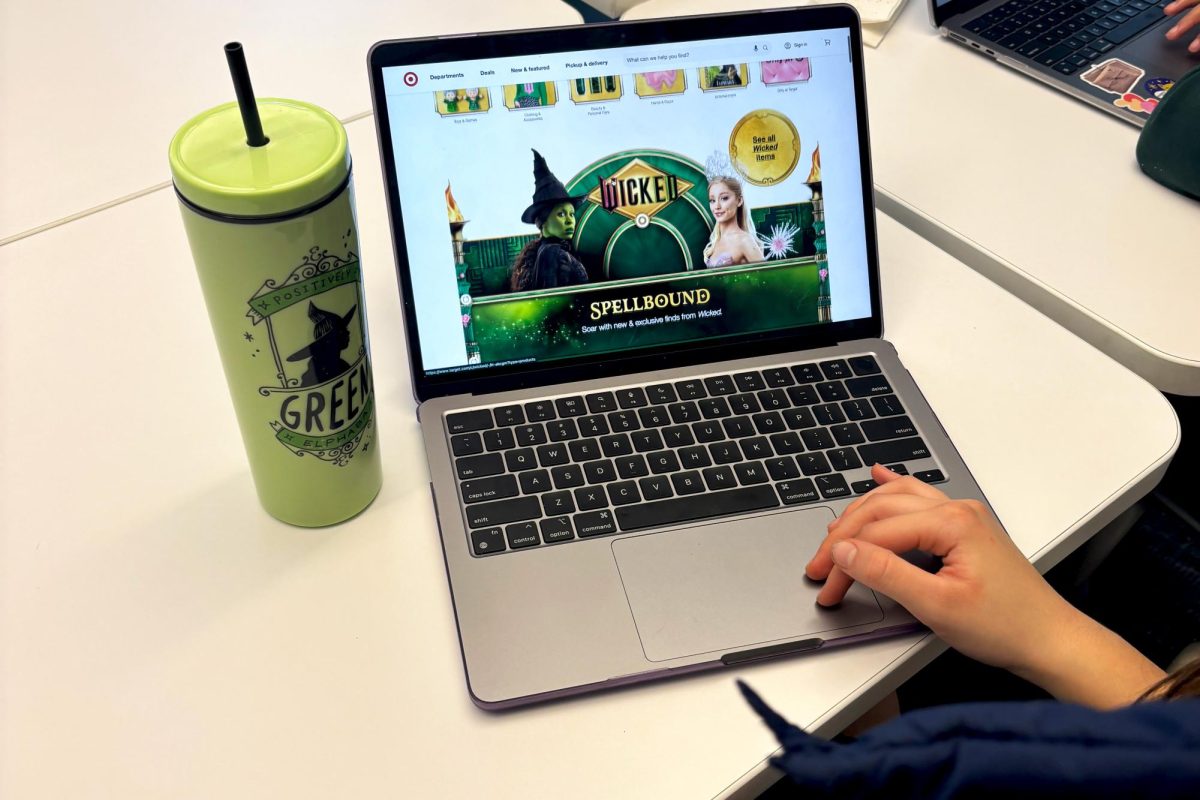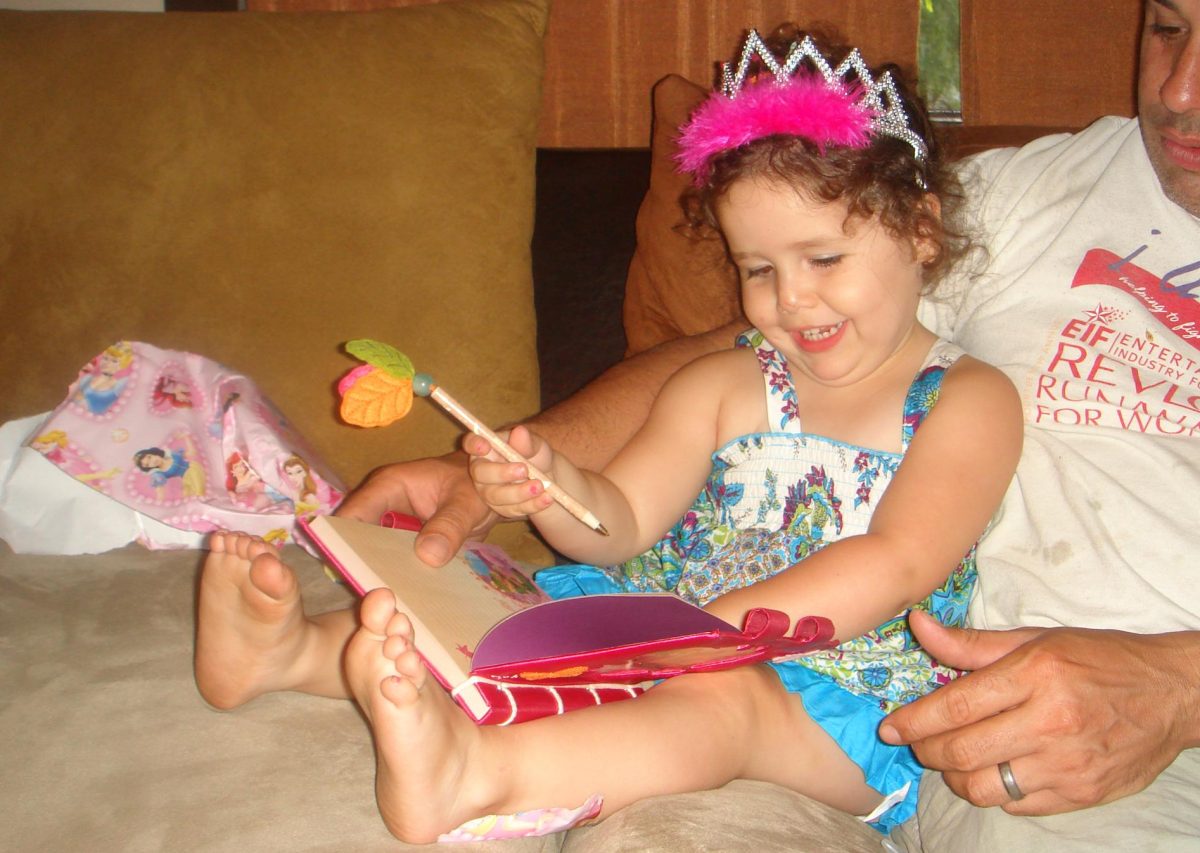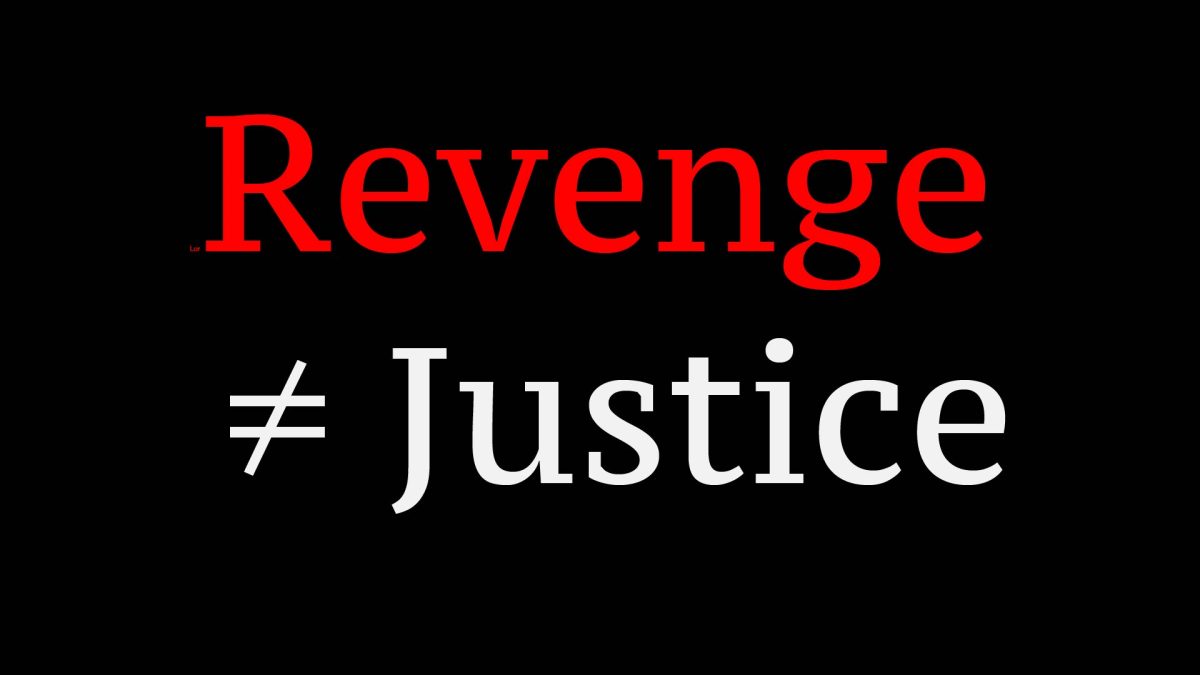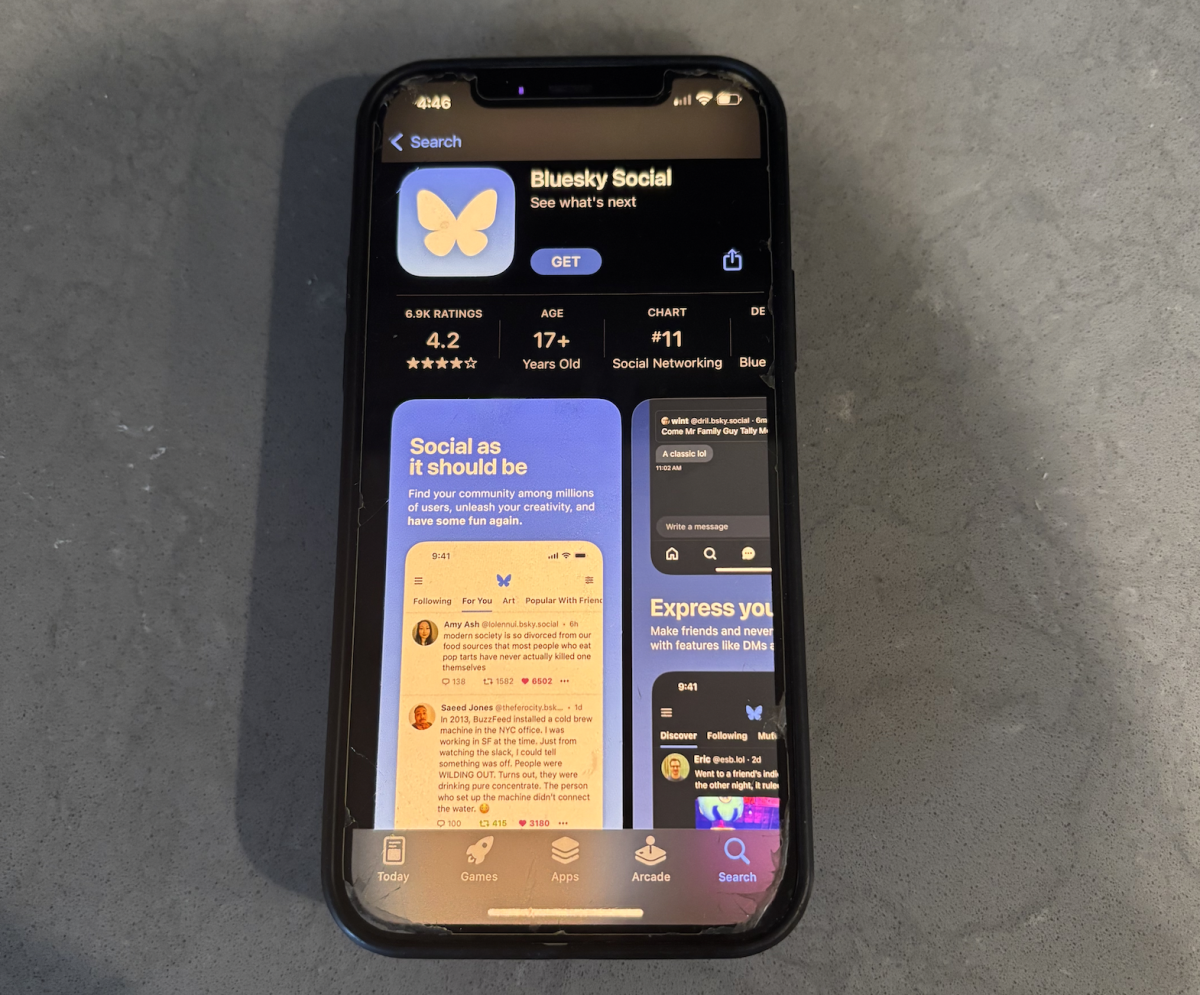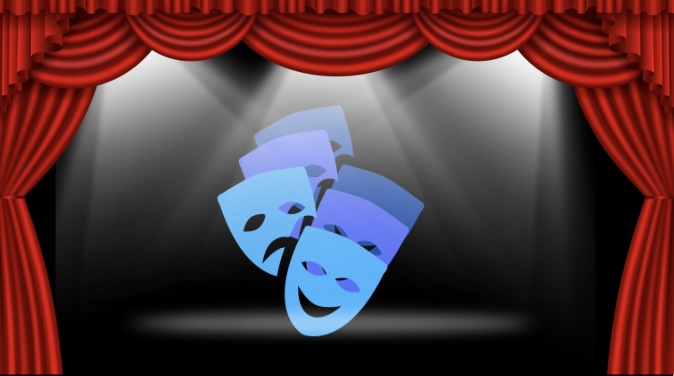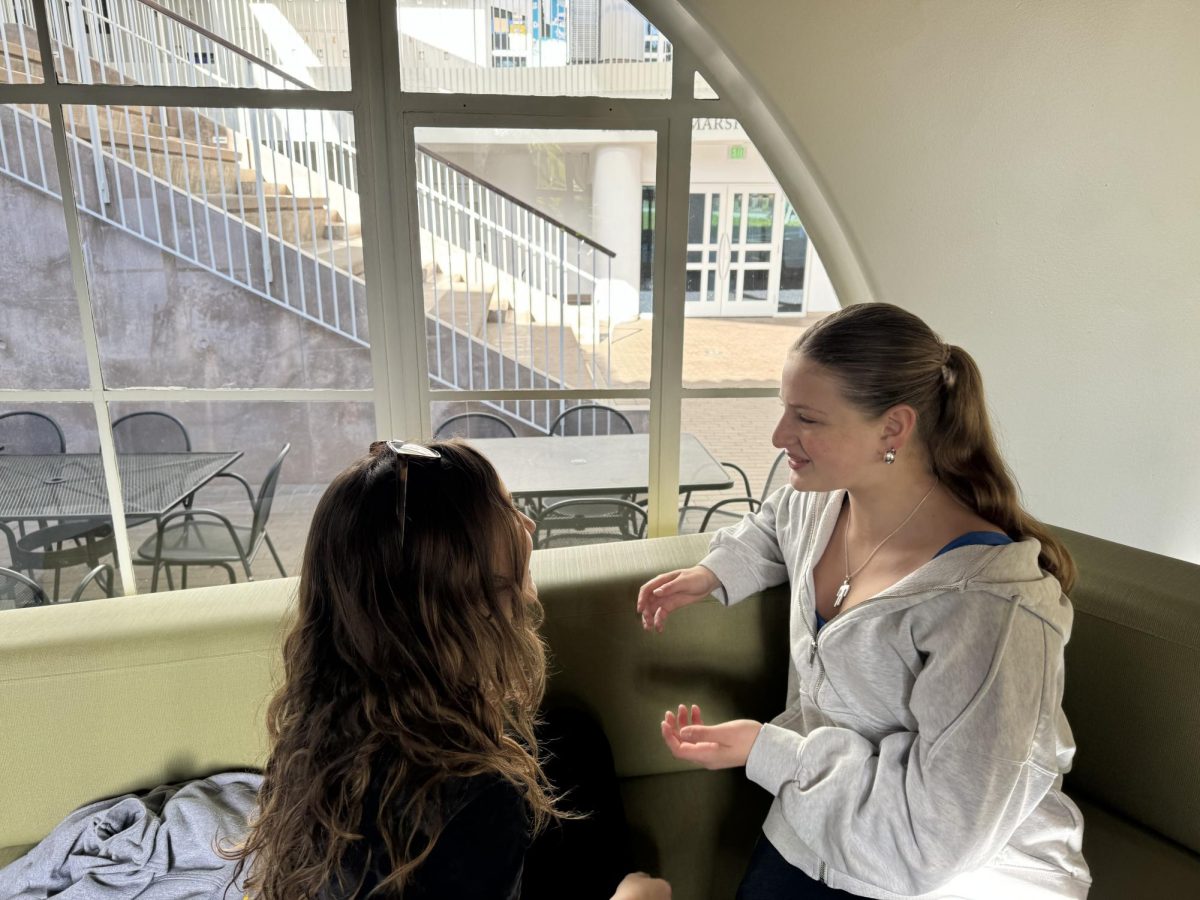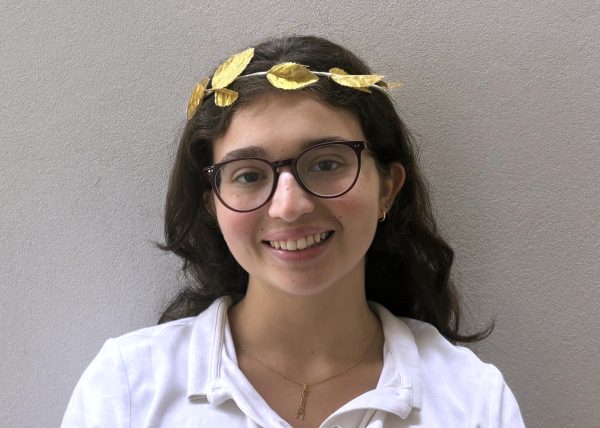It’s so easy to forget how lucky we are to freely speak our minds.
At a private school in Los Angeles that uplifts student voices, we are accustomed to the privilege of independence and autonomy. I want to shed light on an incredible part of the scholastic journalism program at Archer: our press freedom, which enables us to educate and advocate for our peers.
Archer has won the First Amendment Press Freedom Award, FAPFA, for eight consecutive years. This means that the Archer administrative actively supports student journalists and our freedom to express our voices. Therefore, as a staff, we can write any article we feel is important without being confined to what is acceptable by the school administration.
Last year, I wrote an opinion article about transgender athletes participating in sports. I am incredibly lucky to have been able to share my thoughts without fear of punishment from the school officials.
While we have complete press freedom at Archer, scholastic journalism programs around the country face censorship. At the Northwest Public Schools in Nebraska, the school officials shut down the school paper, Vikings Saga, after the journalists posted two stories covering the LGBTQ+ community. The student journalists were criticized for using students’ preferred names and pronouns.
Furthermore, they ran two pieces covering Pride Month and homophobia and wrote an editorial speaking out against the “Don’t Say Gay” bill. Superintendent of Northwest Public Schools Jeff Edwards is in the midst of a lawsuit against the Nebraska High School Press Association and Marcus Pennell, who is a former Northwest student. The purpose of the lawsuit is to combat the censorship that the journalists faced.
Similarly, as educational censorship has quickly grown in schools across the nation, I have heard stories about teachers being restricted from teaching critical race theory or schools banning certain books, and I sit in disbelief of how a school could attempt to erase crucial parts of American history and identity.
Despite these recurring national stories about censorship, book bans and limited freedom, Archer still hosts voices of all perspectives to speak their truth and inspire students. For example, in my four years here, I’ve heard from Dr. Lisa Damour about teen mental health and psychology and multiple Holocaust survivors about their experiences in concentration camps.
Sadly, not all students and teachers across America have that autonomy. Florida Governor Ron DeSantis passed the “Parental Rights in Education Act,” also known to critics as the “Don’t Say Gay” bill. This law prohibits kindergarten through 12th grade from learning about sexual orientation and gender identity. It used to be only from kindergarten through third grade but recently expanded to all grades. This law prohibits teaching of topics that are not deemed developmentally appropriate. “Appropriate” is all relative. A right-wing Republican could say an LBGTQ+ rally is inappropriate, while a Democrat might disagree. The appropriateness of a topic is filtered by our government officials, whose biases are being pushed onto young minds.
Between 2021 and 2023, 18 states passed legislation restricting teachers from teaching about gender, sexism, race and topics that are inherently “controversial,” including critical race theory. During the first half of the 2022-2023 school year, 1477 books have been banned, which is a 28% increase from the previous six months.
Whether it’s in the topics taught or the books in the curriculum, censorship is dangerous and detrimental to the advancement of our society. Censorship will lead to close-minded viewpoints, one-sided history and children blind to the problems and realities in society today. Although having open conversations about difficult topics, such as sex, anti-semitism, racism, class, gender and ethnicity can be hard, the only way grow is by pushing through the discomfort.
One of my most influential teachers, Meg Shirk, taught my ninth grade history course, Understanding the Contemporary World; she gave me the tools to accurately talk about “controversial” topics, including gender, sexuality and race. This class taught me more than I can put into words and was the best course I have ever taken. I am grateful to Archer for allowing teachers to teach without being censored.
I hope the next time students complain about everything Archer does wrong in their eyes, they will think to step back and appreciate the freedom to express their voice. No school is perfect, but in my eyes, Archer is pretty close.
To use this freedom for good, The Oracle is starting a new series highlighting stories of student censorship. This column will provide a platform for voices otherwise unheard and advocate for student journalism programs affected by censorship regulations. After all, freedom is a right, not a privilege.



